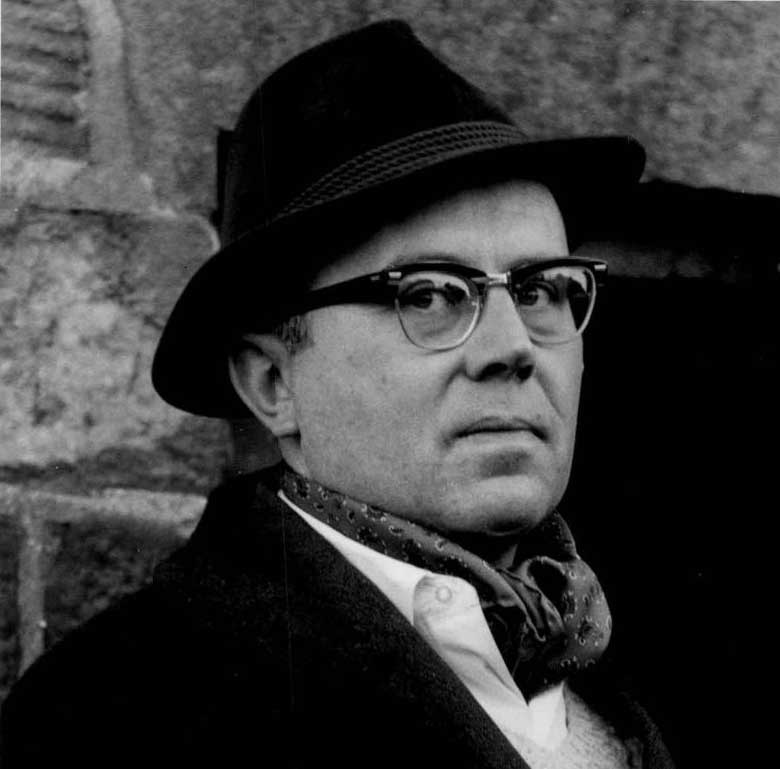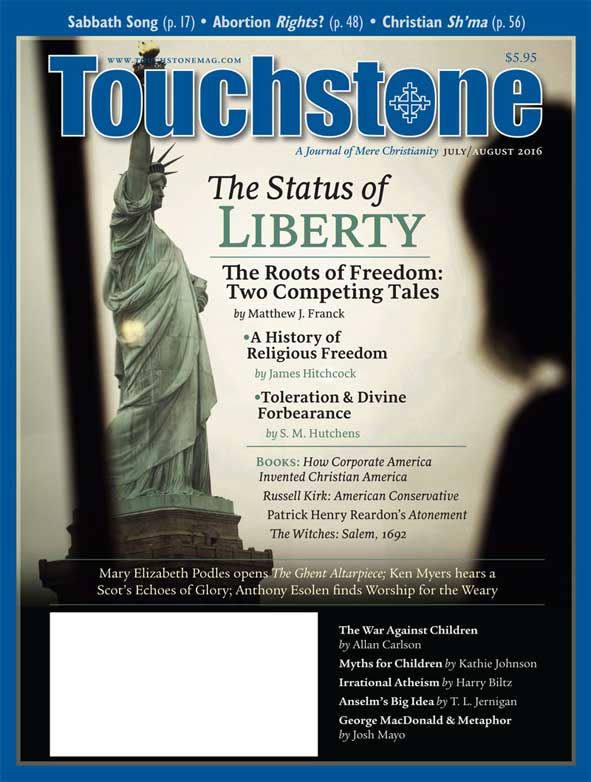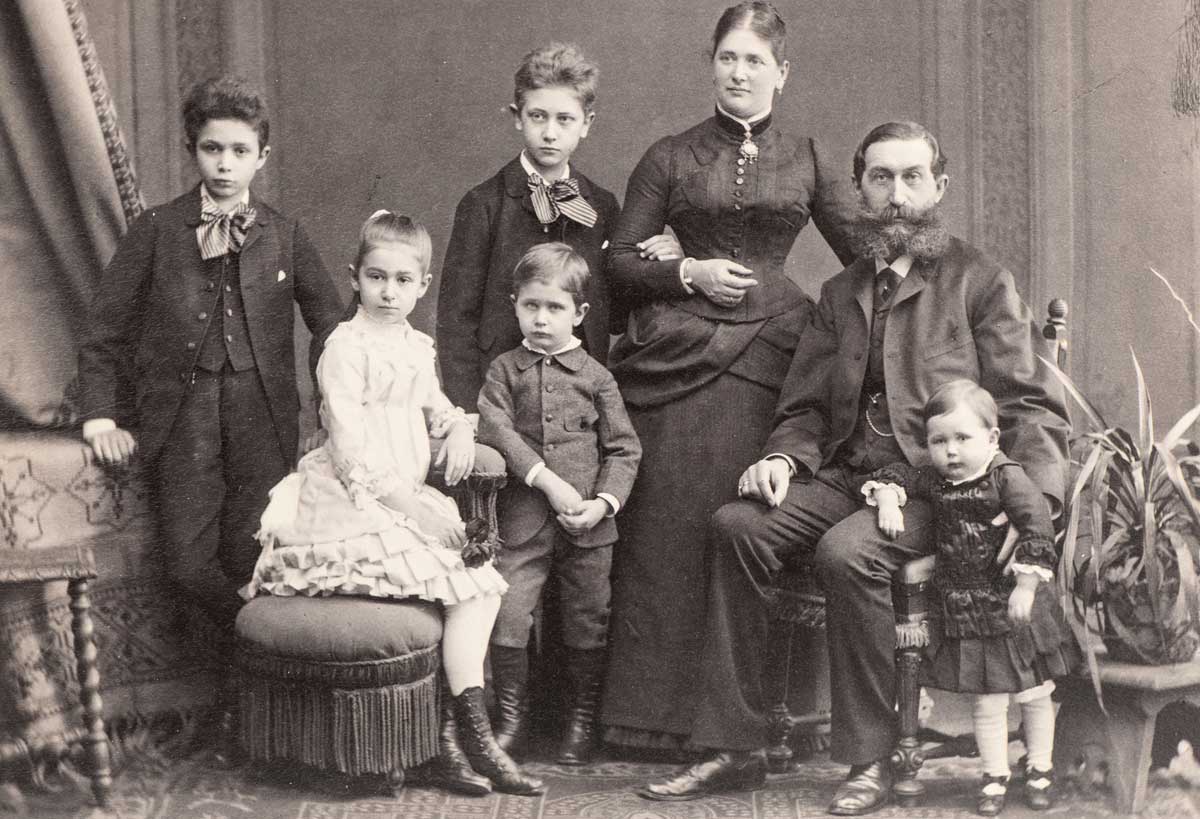Review
Deep Roots
Russell Kirk: American Conservative
by Bradley J. Birzer
University Press of Kentucky, 2015
(608 pages, $34.95, hardcover)
During the twentieth century, one man in particular took it upon himself to make a project of defining and perhaps re-invigorating an American conservatism which the prominent cultural critical Lionel Trilling dismissed as "a series of irritable mental gestures." Russell Kirk's doctoral dissertation became a book originally proposed as The Conservative Rout, but then changed (thanks to Henry Regnery) into the more positive The Conservative Mind. Rather than creating some new blueprint for conservatism, the young Michigan State University professor discerned a tradition that could be assembled from the thought of a variety of significant thinkers. The most important of them, for Kirk, was Edmund Burke. The link between the two has persisted to the point that many intellectuals today will refer to a "Burke/Kirk" kind of conservatism.
The Conservative Mind (1953) is an academic book. Little effort was expended to adapt its writing style for a popular audience. It is extremely rare for such a book to sell more than a few hundred, or maybe a few thousand, copies, with most going to academic libraries. Improbably, the young Michigander and former World War II army clerk became the well-known author of a book that sold more than a million copies and was respectfully reviewed by virtually every important publication of the time. To get a sense of something similar in our day, one might think about Thomas Piketty's recent critique of capitalism, Capital in the 21st Century.
Cosmic Values
I remember picking up a copy of The Conservative Mind many years ago. As a young conservative, I looked forward to reading the seminal work. It was nothing like what I expected. Where I anticipated something like a point-by-point explication of why my conservative policy views (free markets, the sanctity of life, strong defense, etc.) are superior to those held by my opponents, I instead ran into Kirk's six canons of truth. Imagine my befuddlement and curiosity when I encountered them:
1. Belief that a divine intent rules society as well as conscience, forging an eternal chain of right and duty which links great and obscure, living and dead.
2. Affection for the proliferating variety and mystery of traditional life.
3. Conviction that civilized society requires orders and classes.
4. Persuasion that property and freedom are inexorably connected.
Hunter Baker , J.D., Ph.D., is the dean of arts and sciences at Union University, a fellow of the Ethics and Religious Liberty Commission, and an affiliate scholar of the Acton Institute.
subscription options
Order
Print/Online Subscription

Get six issues (one year) of Touchstone PLUS full online access including pdf downloads for only $39.95. That's only $3.34 per month!
Order
Online Only
Subscription

Get a one-year full-access subscription to the Touchstone online archives for only $19.95. That's only $1.66 per month!
bulk subscriptions
Order Touchstone subscriptions in bulk and save $10 per sub! Each subscription includes 6 issues of Touchstone plus full online access to touchstonemag.com—including archives, videos, and pdf downloads of recent issues for only $29.95 each! Great for churches or study groups.
Transactions will be processed on a secure server.
more on america from the online archives
more from the online archives
calling all readers
Please Donate
"There are magazines worth reading but few worth saving . . . Touchstone is just such a magazine."
—Alice von Hildebrand
"Here we do not concede one square millimeter of territory to falsehood, folly, contemporary sentimentality, or fashion. We speak the truth, and let God be our judge. . . . Touchstone is the one committedly Christian conservative journal."
—Anthony Esolen, Touchstone senior editor













